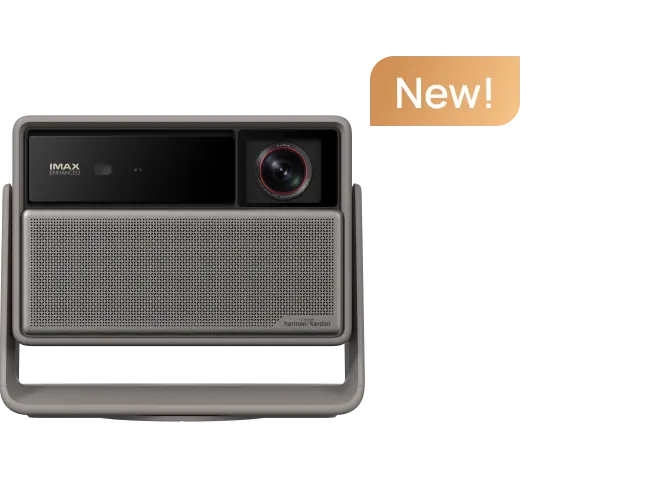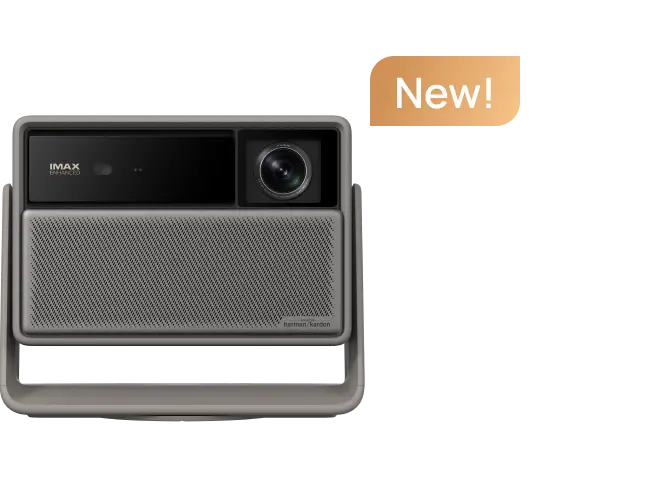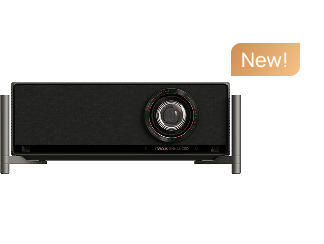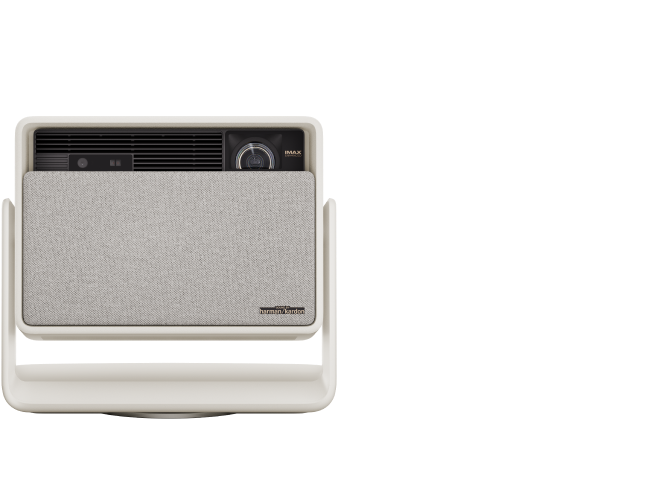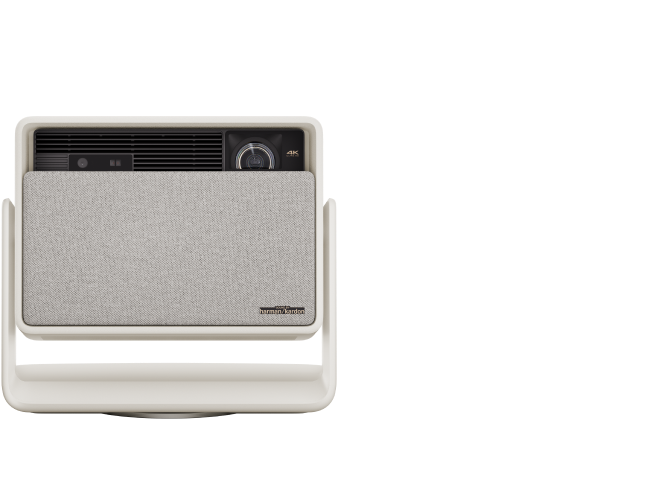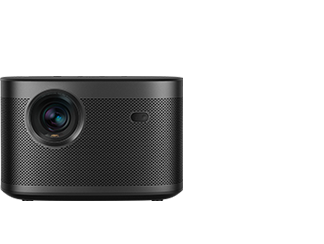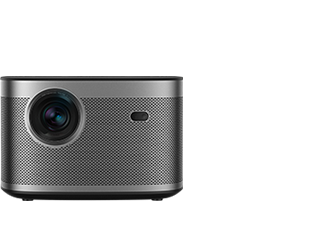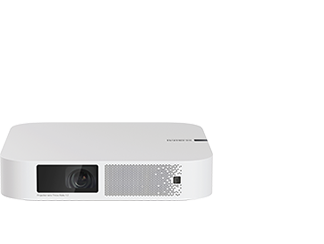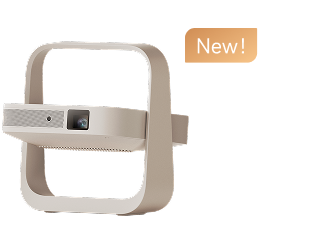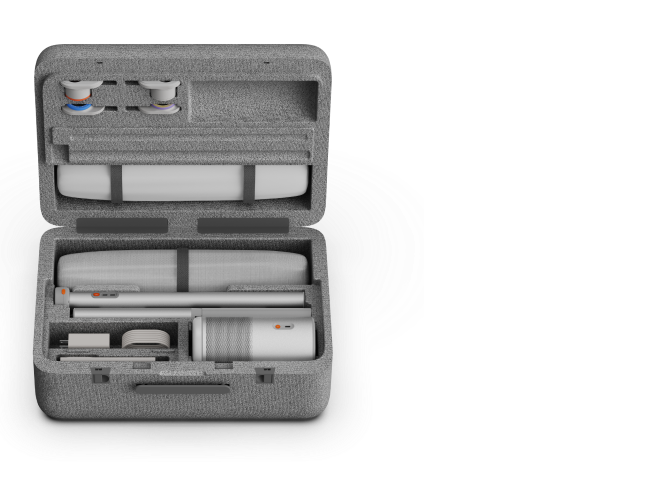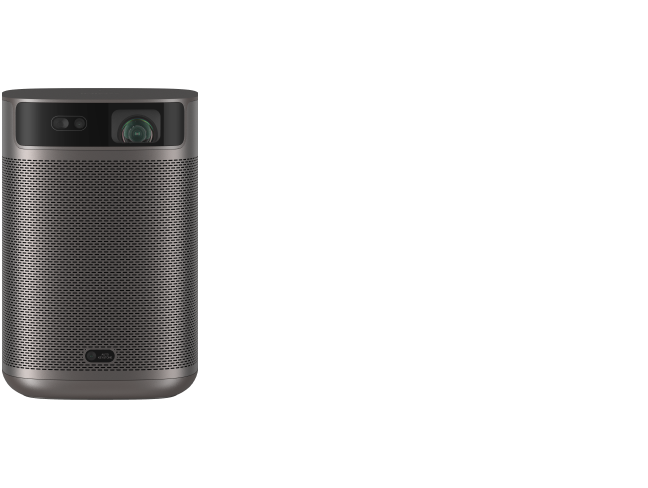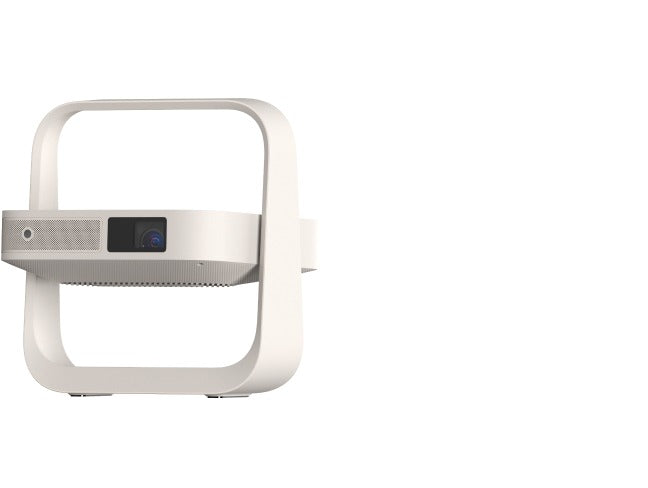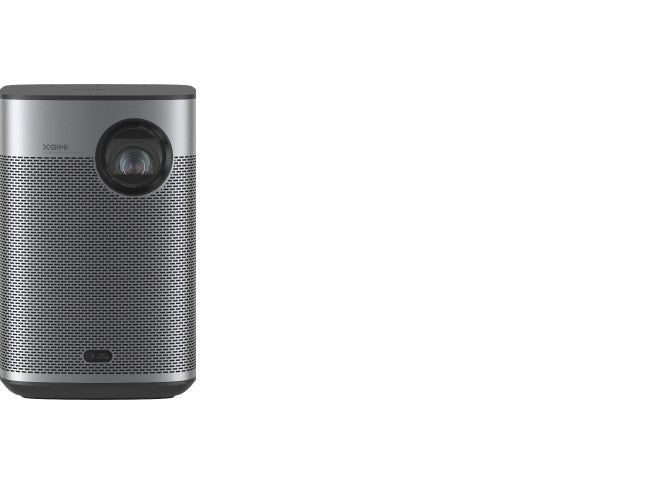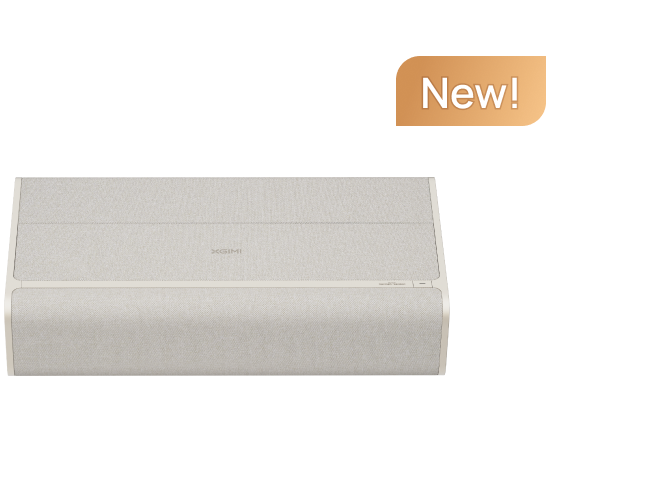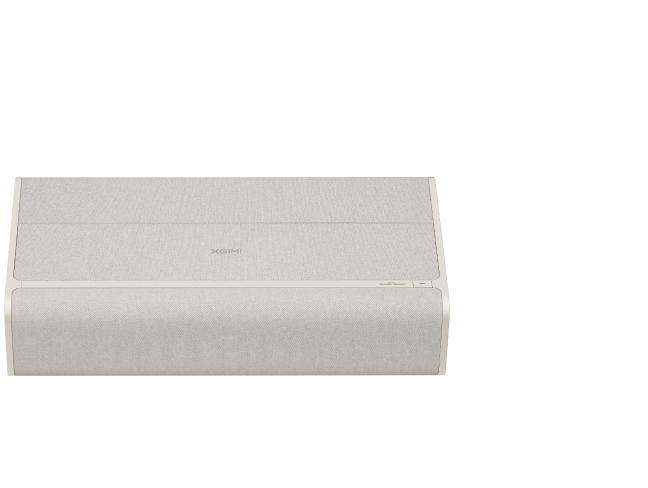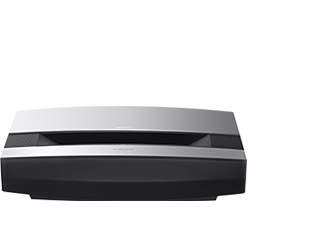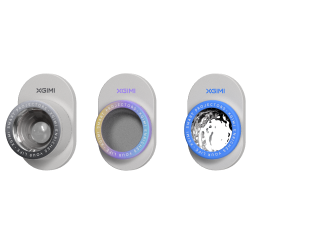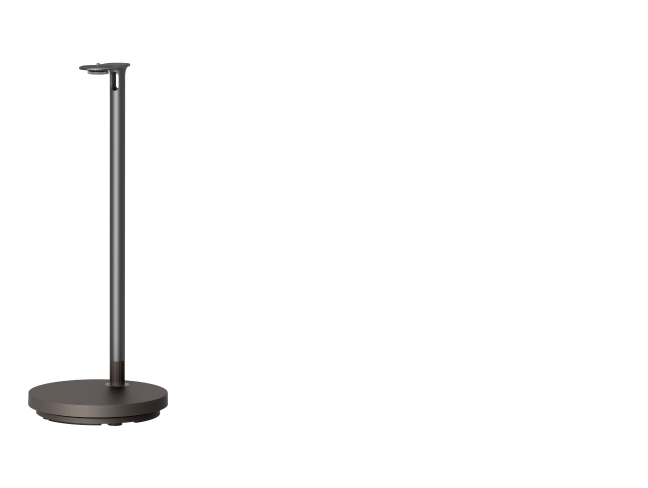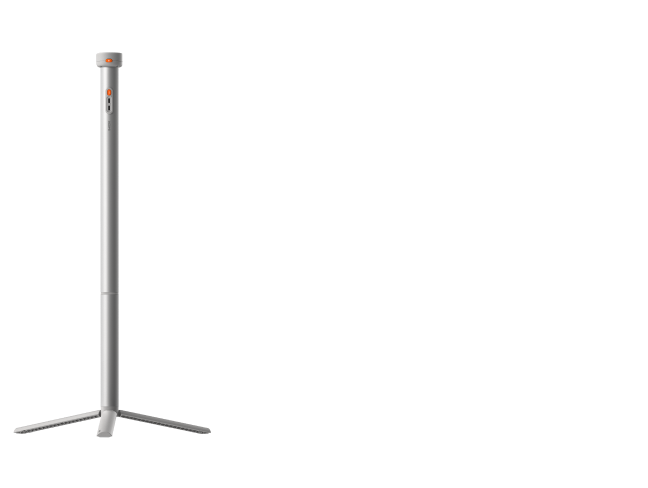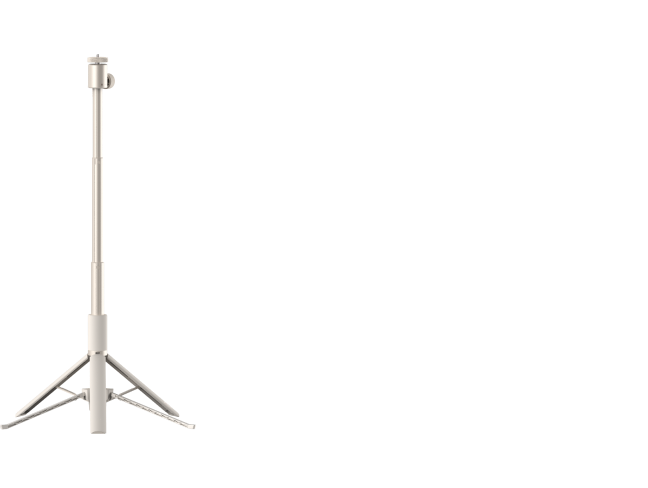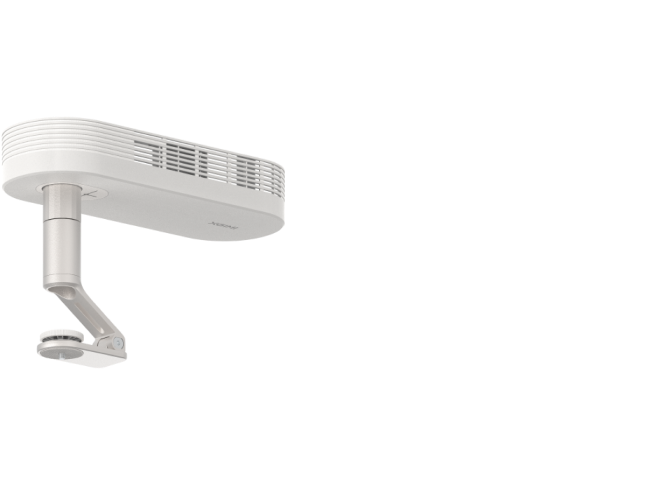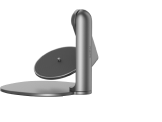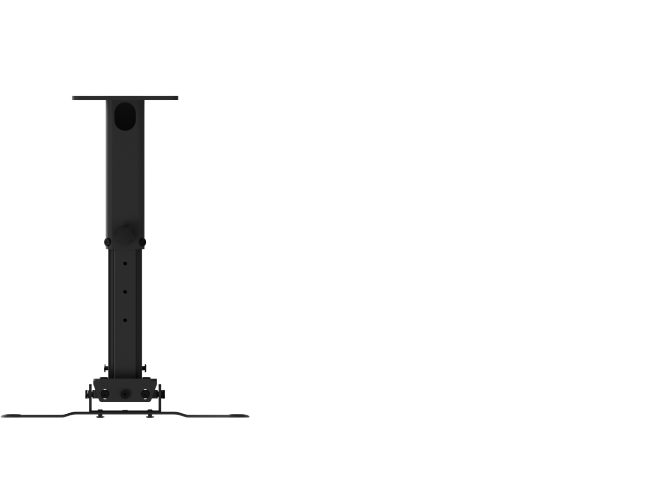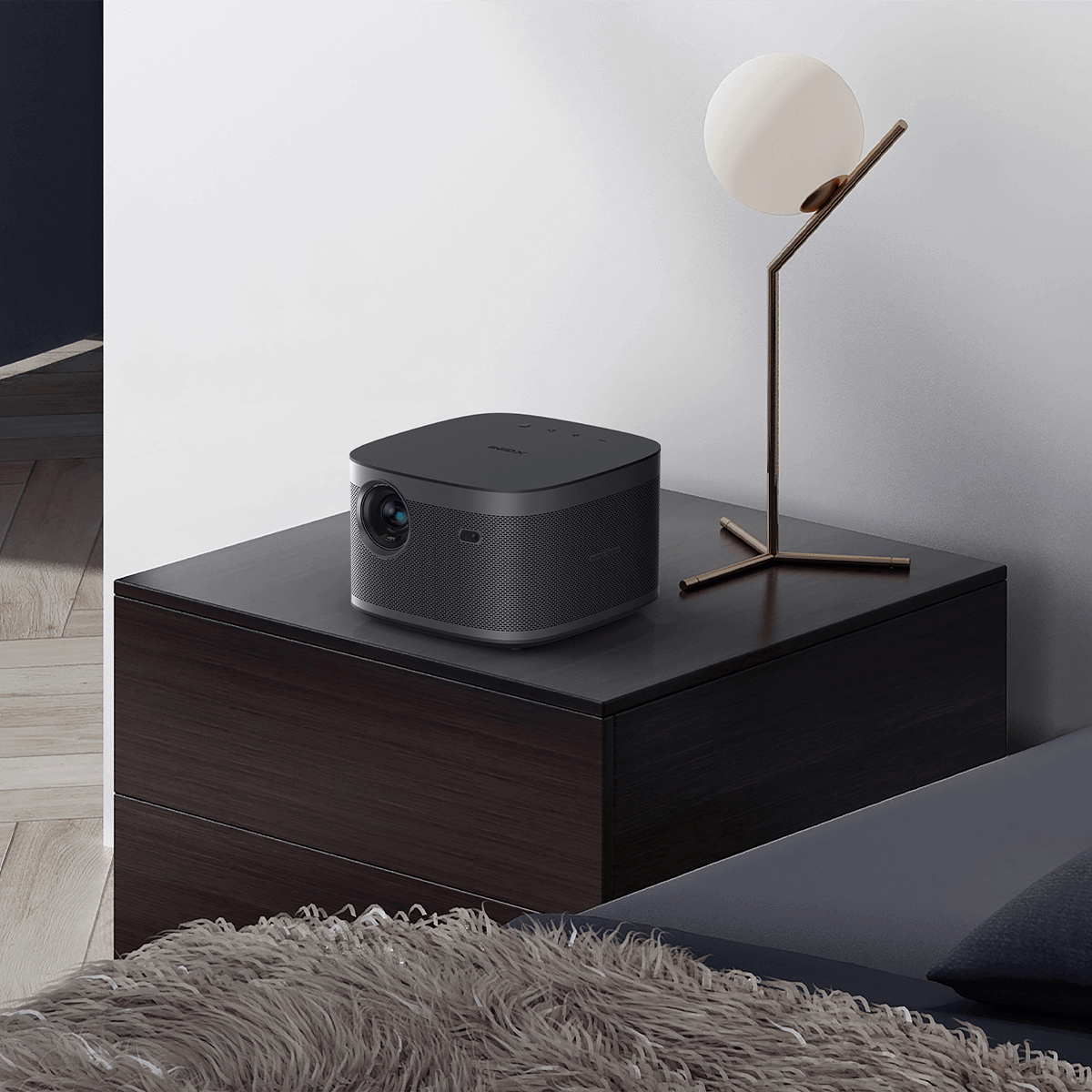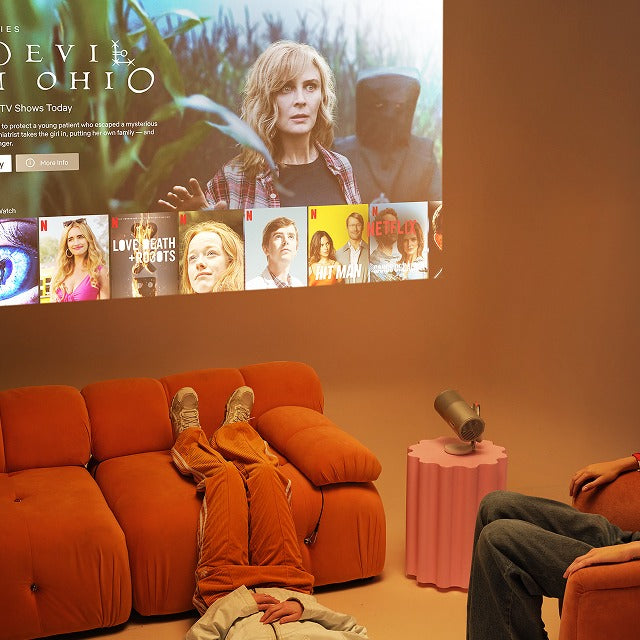Pixel Shifting VS Native 4K
By XGIMI Tech - 2026-2
4K Projector Technology
4K projectors have become synonymous with exceptional image quality and unparalleled clarity. "4K" denotes a high-resolution standard that guarantees unmatched detail and sharpness. As the demand for 4K projectors continues to surge, it's vital to understand the key differences within this category. Two primary technologies take center stage: Native 4K and Pixel Shifting. In this comprehensive guide, we'll delve into the intricacies of these technologies, explore their applications, and help you choose the one that aligns with your specific requirements.
What are 4K Projectors?
4K is a term that has become synonymous with high-resolution visuals. It represents a display resolution that contains approximately 4,000 horizontal pixels. To be precise, 4K stands at 3840 x 2160 pixels. This pixel-dense resolution results in images that are incredibly sharp and detailed.
4K projectors are the devices designed to project these high-resolution images. They are the conduits through which this visual splendor is brought to life. They also offer a substantial increase in pixel count compared to standard high-definition (1080p) displays, which translates to significantly sharper and more detailed visuals.

4K Projector Features
1.High Resolution: With approximately 8.3 million pixels at their disposal, they offer a substantially higher pixel count compared to traditional high-definition projectors. This increased pixel density results in visuals that are not just sharp but extraordinarily detailed. Every aspect of the image, from the finest textures to the smallest details, is faithfully reproduced on the screen.
2.HDR Support: HDR enhances image contrast and widens the color range. This results in visuals that are not just vivid but also lifelike. Colors are more vibrant, and the contrast between the brightest and darkest parts of the image is more pronounced. The result is a visual feast that is both dynamic and immersive.
3.Versatility: 4K projectors are suitable for various purposes. Whether it's for home entertainment, gaming, business presentations, educational purposes, or professional video production, 4K projectors are indispensable tools that elevate the visual experience.

Native 4K Projectors
Native 4K projectors are the embodiment of pure 4K resolution, offering a visual experience that is uncompromising in terms of clarity and detail. Understanding the intricacies of native 4K projection is essential for appreciating the pinnacle of visual technology.
● What is Native 4K?
At its core, native 4K means that every single pixel displayed on the screen is an individual, unique pixel. Native 4K projectors employ imaging chips or panels that contain the full 4K resolution, which translates to 3840 x 2160 individual pixels. No pixel is shared, repeated, or interpolated. This means that what you see is a one-to-one representation of the source material, with every detail reproduced, resulting in unparalleled clarity.
● How is Native 4K Achieved?
Native 4K projectors achieve their remarkable image quality using advanced imaging chips. These chips contain millions of micro mirrors, each responsible for reflecting light and creating the pixels on the screen. The tiny size and incredible precision of these micro mirrors allow for the creation of 8.3 million individual pixels on the screen, each one representing a unique piece of the image. This intricate process ensures that the image projected is a true and accurate representation of the source material, with no loss of detail or resolution.
● Suitable Use Cases
Native 4K projectors are the gold standard in visual technology, and their use cases reflect their exceptional image quality:
1.Professional Movie Theaters: Native 4K projectors deliver a level of clarity and detail that brings movies to life with unmatched realism. Moviegoers are treated to visuals that are so sharp and lifelike that they become fully immersed in the cinematic experience.

2.Production and Editing Studios: Content creators, especially those involved in video production and editing, rely on native 4K projectors to view and edit their work with the highest level of precision. The accuracy and detail offered by native 4K2.projection are indispensable for professionals in the industry, ensuring that their final products are of the highest quality.
Pixel Shifting
Pixel shifting 4K projectors have gained prominence for their ability to deliver sharp and detailed visuals at a more affordable price point. Understanding the technology behind pixel shifting and its suitability for various applications is crucial for those seeking high-quality projection inexpensively.
● What is Pixel Shifting Technology?
Pixel shifting is a technique that allows a projector to simulate 4K resolution without employing native 4K imaging chips. Instead of having a full array of 8.3 million individual pixels, pixel shifting projectors use 1080p (or similar) imaging chips. These chips are enhanced with advanced optical and computational processes that shift each pixel diagonally at high speeds. This rapid pixel shifting creates multiple sub-frames, each with slightly offset pixels, which are then combined to form a higher-resolution image. The result is an image that appears remarkably close to native 4K in terms of clarity and detail.
● How is Pixel Shifting 4K Achieved?
Pixel shifting 4K projectors rely on a combination of optical components and advanced processing to achieve their impressive image quality. The imaging chip used in these projectors may have a resolution of 1080p, but through pixel shifting, they create a series of sub-frames, each with slightly displaced pixels. These sub-frames are then rapidly displayed in succession, and due to the persistence of vision, our eyes blend them together into a cohesive, high-resolution image. The key to pixel shifting's success lies in the precision and speed with which these sub-frames are generated and displayed.

● Suitable Use Cases
Pixel shifting 4K projectors are versatile and cater to various applications:
1.Home Theaters: Pixel shifting projectors are a popular choice for home theaters. They provide impressive image quality that elevates the cinematic experience. The affordability of these projectors allows homeowners to enjoy a large-screen, 4K-like viewing experience without the expense of native 4K projectors.
2.Commercial Applications: In business environments, pixel shifting projectors find utility in applications like presentations and digital signage. They offer a balance between image quality and cost-effectiveness, making them an attractive option for companies seeking to make a visual impact without overspending.
Comparison: Native 4K Projectors vs. Pixel Shifting 4K Projectors
The choice between native 4K projectors and pixel shifting 4K projectors is pivotal when considering your projection needs. Both technologies offer distinct advantages, and understanding their differences is essential for making an informed decision.
| Features | Native 4K Projectors | Pixel Shifting 4K Projectors |
|---|---|---|
| Resolution and Clarity | They have a resounding edge in this aspect. With a true 4K resolution, they display every pixel as an individual entity. This results in superior clarity and detail, especially noticeable on larger screens. Native 4K projectors are the top choice when it comes to image precision. | While not true native 4K, they offer a notable improvement over standard 1080p projectors. The rapid pixel shifting technology allows for a sharper and clearer image. For most viewers, the difference is subtle and more pronounced in larger screen sizes. |
| Color Accuracy | They generally provide better color accuracy, making them the preferred choice for applications requiring precise color representation. This is especially crucial in professional video editing and color grading where the exact reproduction of colors is paramount. | They offer impressive visuals, especially in controlled lighting conditions. Most consumers won't notice significant differences in color accuracy during everyday use. For those who prioritize color accuracy, native 4K is the go-to choice. |
| Contrast | They often excel in contrast ratios, resulting in more vivid and lifelike images with deep blacks and bright whites. This is vital for creating an immersive visual experience, especially in a dark or controlled lighting environment. | While not matching native 4K in contrast, they still offer impressive visuals, especially in dark or controlled lighting conditions. The difference, in contrast, might be subtle to the average viewer and becomes more noticeable in professional settings. |
| Price | They tend to be significantly more expensive due to the high cost of manufacturing true 4K imaging chips. They are investments that cater to those who demand the highest image quality. | They are budget-friendly, offering a near-4K experience without breaking the bank. They strike an excellent balance between quality and affordability, making 4K-like visuals accessible to a broader range of customers. |
| Applications | They are preferred for professional movie theaters and high-end home theaters where uncompromising image quality and accuracy are essential. They are also a staple in production and editing studios. | They are essential for professional applications like video production, color grading, and critical visual work, albeit with slight compromises in color accuracy and contrast. However, they are versatile and suitable for various applications, from home theaters to classrooms and small businesses. |
| Projection Lifespan | They may have a shorter lifespan due to the higher pixel density and heat generated by true 4K imaging chips. However, the longevity can vary based on the quality of the projector and its usage. | They often have a longer lifespan as they don't stress the imaging chip as much as native 4K projectors. They are more energy-efficient, contributing to their extended life expectancy. |
How to Choose the Right 4K Projector
Selecting the right 4K projector depends on your unique preferences, requirements, and budget. Here are key factors to consider when making this significant decision:
1.Resolution and Clarity
Determine your need for image precision. If you prioritize true 4K resolution and pixel-perfect clarity, a native 4K projector is the ideal choice. For a more budget-friendly option that still delivers impressive visuals, pixel shifting 4K projectors offer a compelling alternative.
2.Color Accuracy
Assess the importance of precise color representation in your application. If you are engaged in professional video editing or color-critical work, native 4K projectors are the better choice. For everyday use where subtle color differences are less significant, pixel shifting projectors suffice.
3.Contrast
Consider the lighting conditions of your projection environment. If you're aiming for an immersive cinematic experience in a dark room, native 4K projectors with their superior contrast ratios excel. For well-lit environments, pixel shifting 4K projectors perform admirably.
4.Price
Budget plays a pivotal role in your decision. If you are willing to invest in top-tier image quality and can accommodate a higher cost, native 4K projectors are the go-to option. For those seeking 4K-like visuals without breaking the bank, pixel shifting projectors present a practical solution.
5.Applications
Identify the primary purpose of your projector. Native 4K projectors cater to professional settings such as movie theaters and high-end home theaters. Pixel shifting projectors are versatile and serve well in various applications, from home theaters to classrooms and small businesses.
6.Projection Lifespan
Consider the long-term cost and durability. Native 4K projectors may have a shorter lifespan due to their higher pixel density and heat generation. In contrast, pixel shifting projectors are more energy-efficient and tend to have a longer lifespan.
Recommended 4K Projector XGIMI HORIZON Ultra
For those seeking a versatile, high-quality 4K projection solution, the XGIMI HORIZON Ultra is an excellent choice. It strikes a balance between image quality, affordability, and longevity. With a focus on resolution, color accuracy, contrast, and price, the XGIMI HORIZON Ultra aligns with the preferences of a broad range of customers.

Final Takeaway
Ultimately, the choice between native 4K and pixel shifting 4K projectors ultimately depends on your individual requirements and preferences. Each technology has its strengths and is well-suited for specific scenarios. By assessing your needs in terms of resolution, color accuracy, contrast, price, applications, and projection lifespan, you can make an informed decision that brings your visual experiences to life.
Explore the remarkable XGIMI HORIZON Ultra and elevate your visual experiences to the next level.
Product Recommendations
Just Play,
Your Way
Google TV Smart 1080p Projector On-the-Go

Mini Size,
Maximum Entertainment

Mini Remote Control
Enjoy $10 off Your Next Purchase
Be the first to know about any news and sales!


